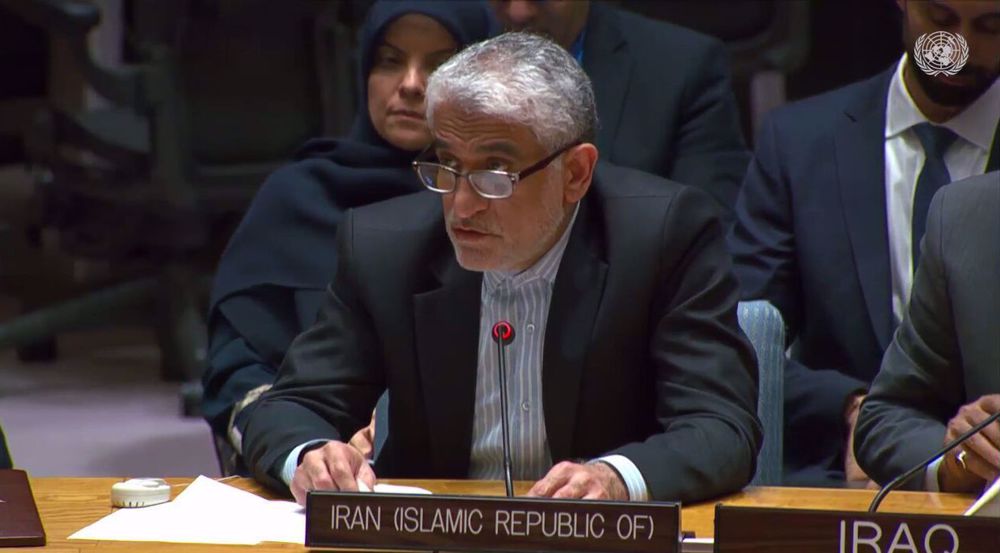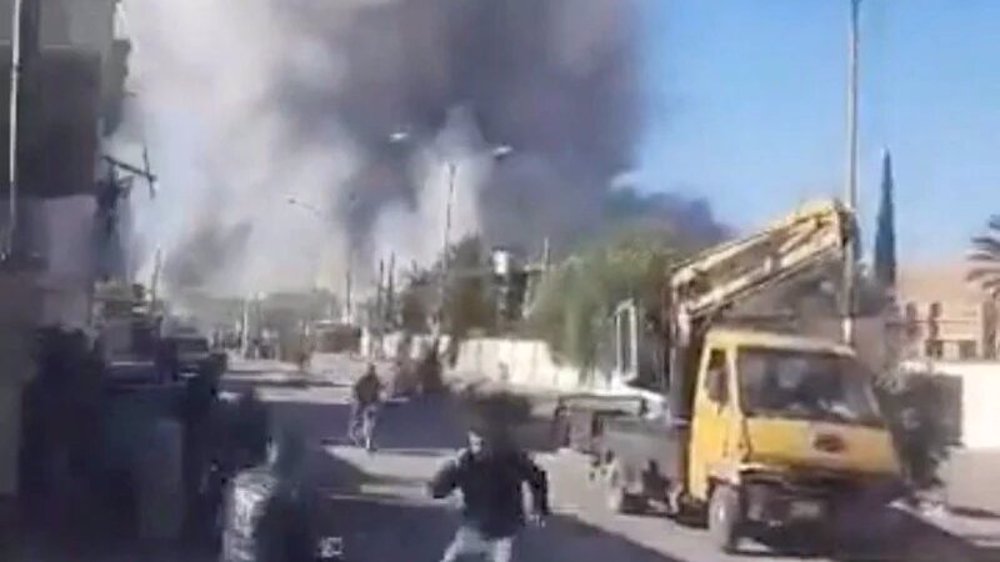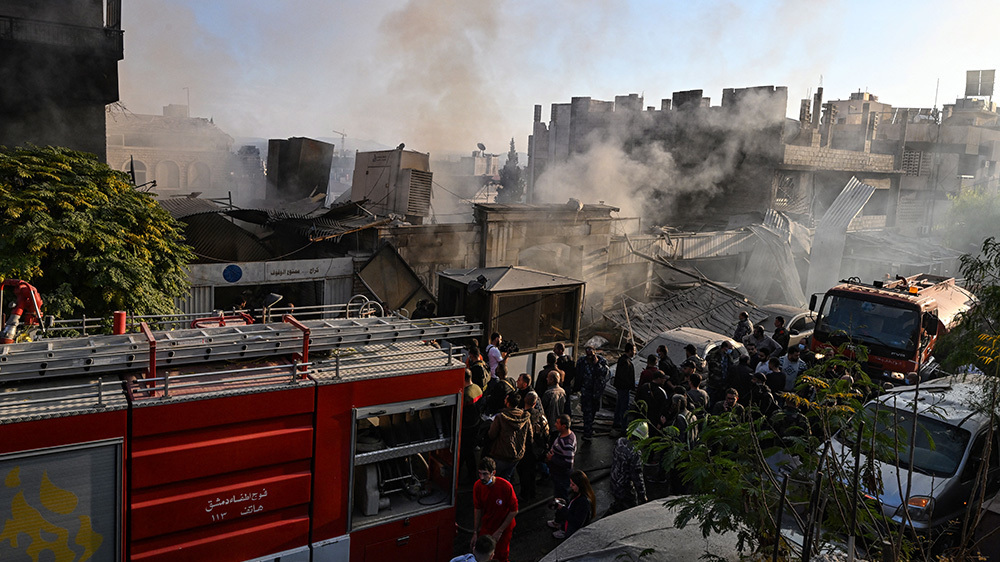Russia's concerns on UNSC Syria resolution 'realistic'
Russia's concerns about a United Nations Security Council (UNSC) draft resolution demanding a ceasefire in Syria are "realistic" because terrorists are behind the conflict in the Eastern Ghouta region, a political analyst tells Press TV.
Eastern Ghouta near Damascus has witnessed renewed violence in the past few days, where terrorists have mounted repeated mortar attacks on the Syrian capital in the face of an imminent rout. Western powers, however, blame the Syrian government and Russia for the crisis.
Sweden and Kuwait, two non-permanent members of the Security Council, proposed a month-long truce in Syria to allow deliveries of humanitarian aid and medical evacuations.
Moscow has proposed amendments to the draft resolution to include guarantees that the anti-Damascus militants would honor the ceasefire.
After hours of negotiations, Kuwait's UN Ambassador Mansour Ayyad al-Otaibi announced on Friday that the UNSC had delayed a vote on the truce to 1700 GMT Saturday.
Political analyst Alexander Mercouri told Press TV on Friday that those who are "primarily responsible" for the violence in Eastern Ghouta are al-Qaeda-aligned terrorist groups who are based in the region.
"When you are dealing with an implacable and ruthless groups like that [al-Qaeda,] negotiations which assume their good-will and compliance with any ceasefire deal, are frankly not going to work. So, what the Russians are saying ... is that there has to be some kind of reciprocal arrangements so that the ceasefire is both balanced and enforced," he said.
Asked whether Russia has been unreasonable, he said, "Russia has been realistic. I think the Russians understand perfectly well that the US has only a limited amount of leverage on some of" the terrorist groups in Eastern Ghouta.

"The point is that the Russians do not want to be in a situation where a ceasefire is agreed and a ceasefire then breaks down because these terrorist groups are not going to abide by and then almost immediately the US and the other western allies blame Syria and Russia for the breakdown of the ceasefire," the analyst added.
He further noted that Moscow was seeking a "formal acknowledgment from the US and from the western powers that there are two sides to this conflict the people who are driving the conflict in Eastern Ghouta are these terrorist organizations,... which have been expressly excluded from being covered by ceasefires before."
The Russians ask themselves whether "these proposals for ceasefires are intended to provide humanitarian relief or are they intended to buy time to rescue and preserve the militant groups so close to Damascus," he pointed out.
VIDEO | Press TV's news headlines
VIDEO | US-Israeli genocide: Will Gazans see ceasefire deal achieved?
VIDEO | Grief strikes Parachinar: 44 lives lost in terror attack
VIDEO | Yemen’s armed forces target Israeli airbase amid nationwide pro-Palestinian rallies
Putin vows more test of new hypersonic missile
VIDEO | Jordanians continue rallies to denounce Israeli genocide in Gaza, Lebanon
6 Israeli soldiers commit suicide: Reports
Diplomat discourages recourse to pressure, intimidation, confrontation against Iran












 This makes it easy to access the Press TV website
This makes it easy to access the Press TV website